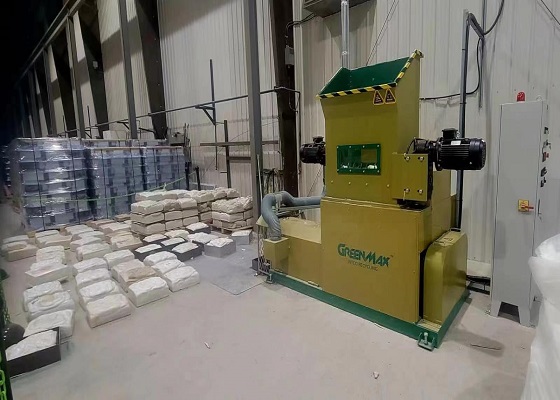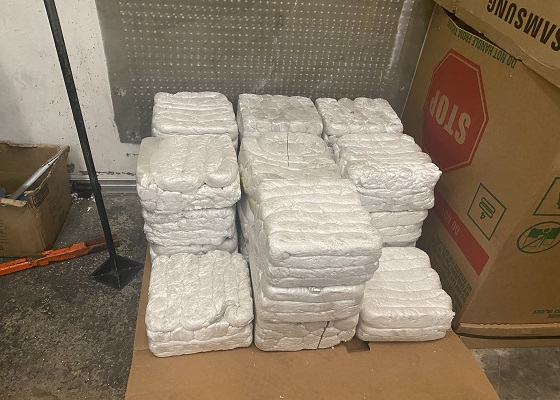Extended producer responsibility for EPE packaging
The landscape of environmental obligation is evolving, with federal governments around the world aiming to meet sustainability goals. A substantial stride in this direction is the Extended Producer Responsibility (EPR). In this article, we'll describe what EPR is, and the effects it holds for businesses in the UK.
What is Extended Producer Responsibility?
Expanded Producer Responsibility, or EPR, is a modern item of legislation in the UK that intends to shift the responsibility of recycling costs to packaging manufacturers. This shift aligns with the UK Government's commitment to environmental preservation and the objective of attaining Net-Zero carbon discharges by 2050. The central purpose of EPR is straightforward-- making producers fully answerable for the financial costs of handling waste arising from the packaging they present into the market.
Initially slated for implementation in 2023, it has actually now been deferred to October 2025. This decision was an action to the economic challenges encountered by both consumers and organizations. The reasoning behind this deferral is to guarantee a more robust and effective scheme. During the extensive duration, the government plans to engage in more conversations with the industry to refine the scheme's framework and reduce implementation costs.

What is the Purpose of the Extended Producer Responsibility?
At its core, the EPR scheme imagines a circular economic situation for product EPE packaging waste. The change is transferring the burden of financing waste management from taxpayers to manufacturers. This shift is readied to motivate a higher volume of recyclable waste reprocessing, contributing dramatically to environmental sustainability and decreasing carbon footprint.
How Will It Affect Your Business?
The effect of EPR on businesses differs based on their size. Small businesses, with a turnover exceeding ₤ 1 million and dealing with over 25 tonnes of product packaging, will certainly fall under 'De Minimis responsibilities'. On the other hand, larger organisations will deal with much more significant adjustments in data reporting and financial obligations. Understanding the implications for your specific business category is crucial for effective adaptation.

Advantages of EPR for Businesses
EPR lugs a series of advantages for businesses willing to welcome its principles. Beyond regulatory conformity, EPR cultivates the fostering of sustainable techniques, drives innovation in packaging design, and eventually contributes to waste reduction. Furthermore, companies align themselves with a broader dedication to environmental responsibility, enhancing their brand’s reputation.
Challenges and Concerns
While EPR holds immense promise, it's not without difficulties. Companies may encounter increased costs, administrative complexities, and the requirement for meticulous data management.

How Can GREENMAX Help?
One of the crucial facets of EPR conformity is the requirement for accurate data reporting, robust recycling practices, and an overarching commitment to reducing the environmental effect of EPE packaging waste.
With 30 years of experience in supplying sophisticated waste management machinery and solutions, GREENMAX can play a pivotal role in helping companies align with EPR requirements.
We offer complimentary waste audits, throughout which we analyze your pain points and waste streams in order to make personalized suggestions. Figure out more concerning our audits and how they can help you improve your waste management or contact our friendly team if you have any other concerns.
